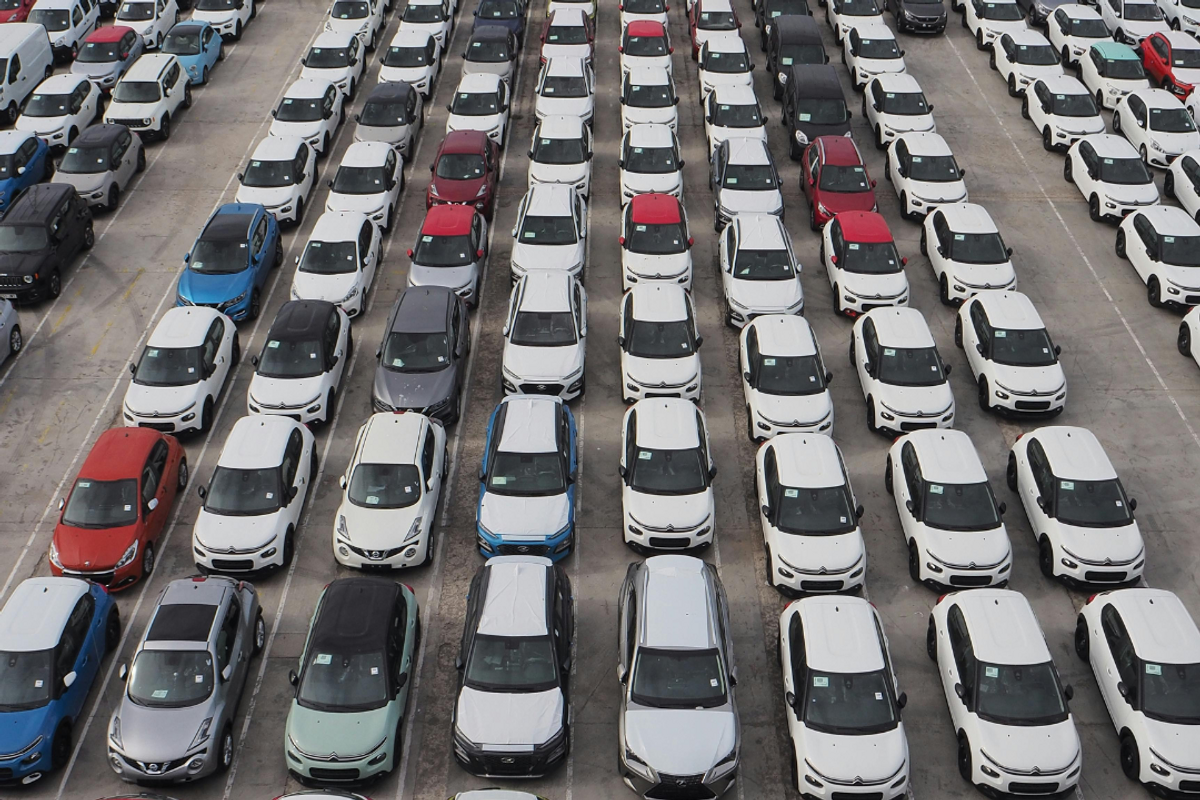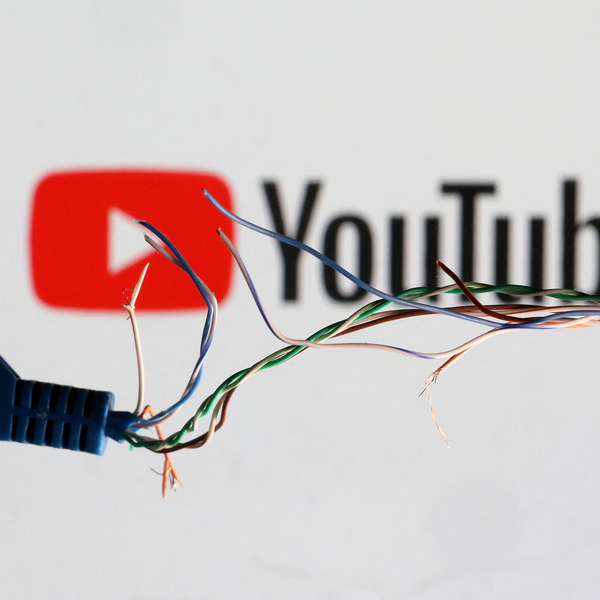Pakistan’s auto reform bill criticized for sidelining used car dealers
Automobile importers demand inclusion in policy-making for the Motor Vehicle Development Act
Business Desk
The Business Desk tracks economic trends, market movements, and business developments, offering analysis of both local and global financial news.

Cars Parked on Parking Lot
Pexels
A new draft policy aimed at overhauling the country’s motor vehicle industry has sparked backlash from key stakeholders, particularly used car importers, who claim the legislation favors domestic manufacturers and threatens consumer choice.
The draft Motor Vehicles Industry Development Act, 2025, seeks to regulate the manufacturing, import, and sale of motor vehicles across Pakistan.
The policy, drafted by the Engineering Development Board (EDB), has proposed stringent licensing requirements, mandates type approvals, and certificates of conformity. The bill also empowers surveillance authorities to enforce compliance and order recalls.
It grants the EDB broad powers to set safety and environmental standards, oversee after-sales services, and nullify unfair contract terms between sellers and buyers.
The policy states that only registered companies licensed by the EDB are permitted to manufacture automobile parts and import vehicles. It has also set standards for the sale of conventional and electric vehicles. It says that no vehicle can be sold unless it indicates the following information: chassis number; height, length, weight, and intended use; and seating, load carrying capacity, and axle number.
EV vehicles must indicate the battery type, performance, and durability; instructions on battery recycling; and off-board charging standards.
Every company will have to seek approval from EDB before putting any vehicle or part for sale. The board will ensure the vehicle, system, or part meets the applicable safety and quality standards.
The policy also mandates manufacturers and importers to put in place necessary arrangements for their repair, maintenance, and other after-sale services of their vehicles.
Moreover, the buyer and manufacturer will have to provide information about on-board diagnostics and other tools for repair and maintenance.
The draft policy mandates the manufacturer and importer to recall any vehicle, system, or part if it poses “significant risk” to people or doesn’t conform to the safety standards.
In case of failure, the board has been empowered to order the manufacturer or importer to take corrective measures or recall the vehicle or part.
If the board’s directives are not followed, it can withdraw or recall the vehicle or part “either itself or through a surveillance agency or through any other means”.
The draft policy also outlines that “unfair” contract terms imposed by sellers will “not be binding on the buyer”.
“Every seller shall ensure that the terms and conditions of sale of motor vehicles are clear, unambiguous and written in plain language,” says the draft policy.
“In case any term or condition of sale is unclear, ambiguous, or not written in plain language, then its interpretation that favors the buyer shall prevail.”
Penalties
The draft also outlines penalties for violating the provisions of this bill.
Importing vehicles without a license could result in one year's imprisonment or a fine of over PKR 500,000.
Any manufacturer or importer who fails to offer repair and maintenance services or does not fix any error or defect in their vehicle, system, or part could end up in prison for two years or slapped with a fine of over PKR 1 million.
In case of violation of the board’s directive to recall a vehicle or part, the culprit could be punished with an imprisonment of three years, or a fine of over PKR 5 million.
Dealers’ concern
The All Pakistan Motor Dealers Association (APMDA) claimed the legislation was drafted without consulting key stakeholders.
In a letter to Prime Minister Shehbaz Sharif, APMDA Chairman H.M. Shahzad warned that the bill could “cripple the used imported vehicle market,” which he described as vital to middle-class consumers.
“The draft appears to be heavily tilted in favor of local assemblers and manufacturers,” Shahzad wrote. “It lacks transparency and fails to incorporate the views of importers, dealers, and consumers.”
Shahzad maintained that the EDB is purely a technical body with its mandate limited to localization and engineering development issues. “The regulation of commercial import policy must remain with the Ministry of Commerce.”
APMDA has requested an urgent meeting with the Prime Minister to discuss revisions to the bill and ensure broader stakeholder participation.
The association argues that imported vehicles offer better value and quality, and that overregulation could lead to monopolistic practices and higher prices.










Comments
See what people are discussing